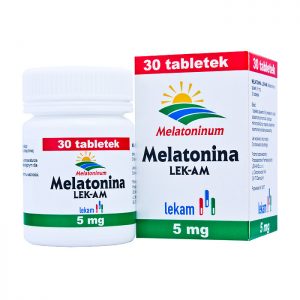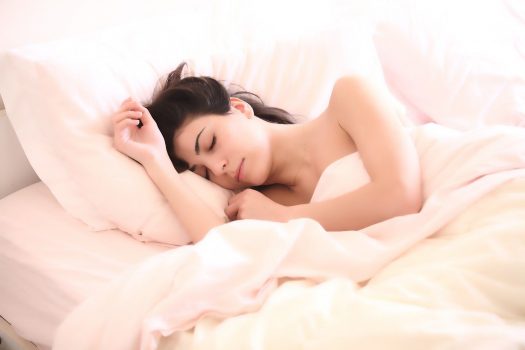Articles about: sleep


When the day is too long, i.e. non-24-hour sleep-wake disorder
A non-24-hour sleep-wake disorder (non-24), also known as a free-running rhythm, is one type of circadian rhythm sleep disorders (CRSD). People with this disorder live as if the day had not 24 hours, but, for example, 25 hours. If they can live in harmony with their rhythm, they go to sleep every day and wake […]
Read more

What diet for insomnia?
By entering “insomnia diet” or “food for insomnia” on Google, you can find a lot of advice: lots of carbohydrates and little protein, omega-3 fatty acids, fish, milk, almonds, walnuts, honey sandwiches, cheese, cabbage … and what does scientific research say about it? As it turns out after reviewing them, not much …
Read more

I can’t sleep! Are you sure?
It is estimated that 6% of adults suffer from insomnia. While the problem is real and affects quality of life negatively, it is also known that many people misjudge their sleep time and sleep duration, believing that they sleep worse than objective indicators show. There may be several reasons for this discrepancy.
Read more

Smell can help you learn
It has long been known that sleeping after learning can help you remember what you’ve learned. However, not everyone knows that this effect can be enhanced thanks to the smells perceived by the brain during learning and then sleeping.
Read more

Chronotype of teenagers, or why lessons in schools should start at 11 am
Chronotype is a feature that determines what time of activity the body prefers. People with the morning chronotype are commonly called “morning larks” and people with the evening chronotype – “night owls“. Like all our traits, it is partly genetically determined, and partly other factors – social, cultural and environmental. And like any other feature […]
Read more

Melatonin not only for sleep
Melatonin is known as the “sleep hormone”, but its importance for the body is much broader. It influences, among others the immune system, it is a powerful antioxidant, and newer studies indicate that it can be helpful in the treatment of obesity, osteoporosis and other common diseases in the elderly.
Read more

Lack of sleep as a treatment of depression
Insomnia often accompanies depression, but it turns out that lack of sleep can also help treat depression. This was first noticed in the 1970s, when sleep deprivation studies were conducted to better understand depression. Surprisingly, in people with symptoms of depression, deprivation of sleep caused an improvement in mood. No mood changes were noted in […]
Read more

Why it is worth to sleep
For those who believe that it is a waste of life to sleep, because “they will sleep after death” – a new article. About why it is better though to have enough sleep during life. Lack of sleep negatively affects mood, motivation, social and emotional skills, communication skills, creativity, memory, decision-making ability, immune system, cardiovascular system and even […]
Read more